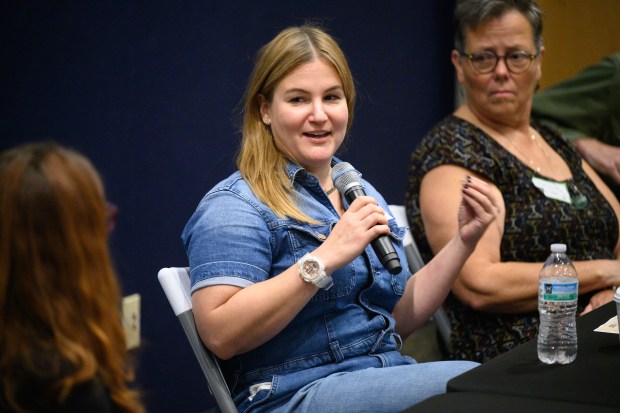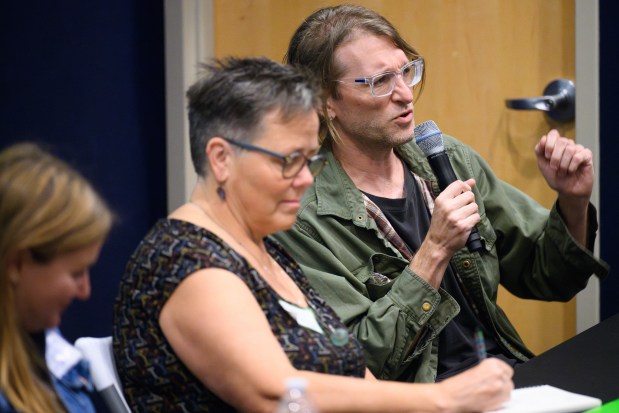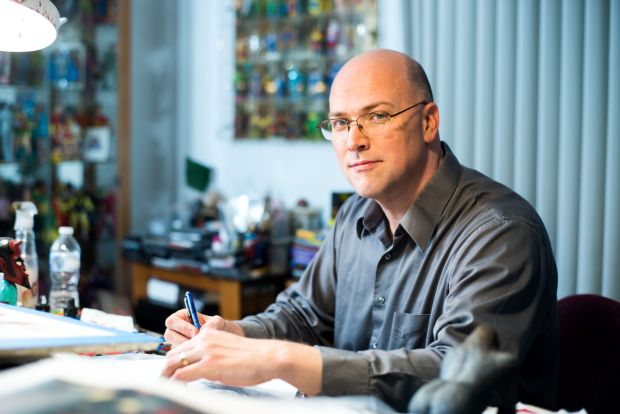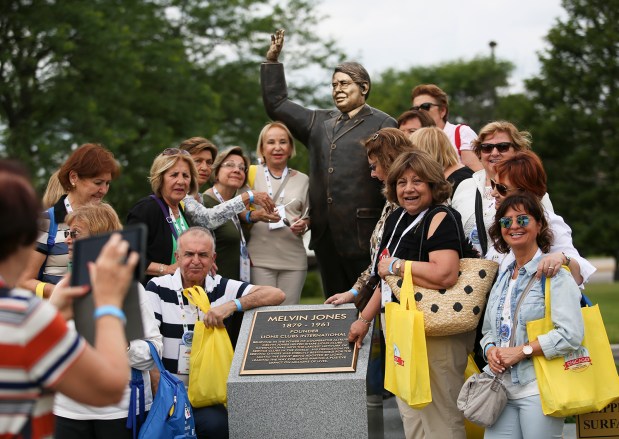When residents take on making their spaces better on their own, tourism agencies could help by promoting the changes even if the municipalities do not officially sanction them, say the people who’ve done them before.
Tourism can’t help communities if it “succumbs to money and power,” said Chicago-based community planning consultant Mary Lu Seidel, a panelist during the 25th annual Calumet Heritage Conference at the Lake County Welcome Center on Oct. 5. Seidel, along with Gary historian Sam Love and Chicago-based architectural historian Elizabeth Blasius, covered so-called tactical urbanism during their panel “Welcoming Preservation Block by Block.”
Tactical urbanism involves people working to make their neighborhoods look nicer or providing amenities, such as a makeshift skate park, in the short term. Gary-based Decay Devils, one of the conference sponsors, for example, practices tactical urbanism with their clean-up projects, said panel moderator Gwen Stricker.
Another striking example of tactical urbanism, Seidel said, happened in New York City’s Times Square.
“Times Square used to be loaded with cars, so a group of people went to the administration and said, ‘Hey, can you block off traffic there for one day to see what it would be like?’” she said. “They were like, Ok, so they did it for one day, and lo and behold, it was then blocked off forever more.
“Tactical urbanism is saying, ‘I need to change the stuff that makes everyone miserable.”
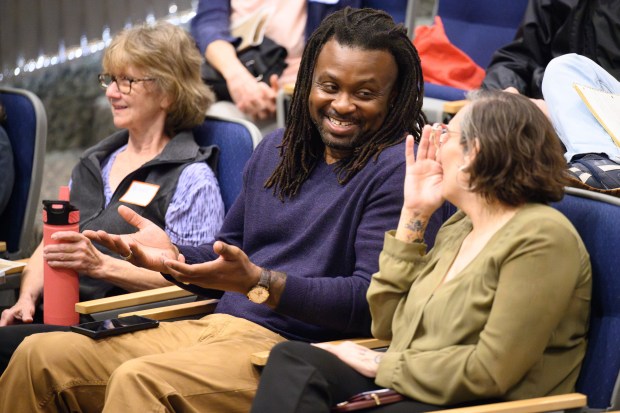
When groups take on tactical urban projects, they often come upon pushback from bureaucracies that want projects done by the book, and that’s if they’re noticed at all. Bridgeport, Illinois, had a pop-up skate park that gained a lot of attention until the Illinois Department of Transportation took it down, Stricker said, and that’s a big problem.
“Agencies have standards, and even if something might be really good, the government won’t support it (if it doesn’t adhere to the rules), Blasius said.
For a city like Gary, where the problems are endemic, tourism agencies can help by promoting the smaller efforts that do good, Love said, because tourists are already coming to see the blight. He recalled a time when a Russian propaganda outlet came to Gary to film, and when students were leaving a nearby school, a cameraman was telling the children to be quiet because they were trying to portray desolation, not normal life in Gary.
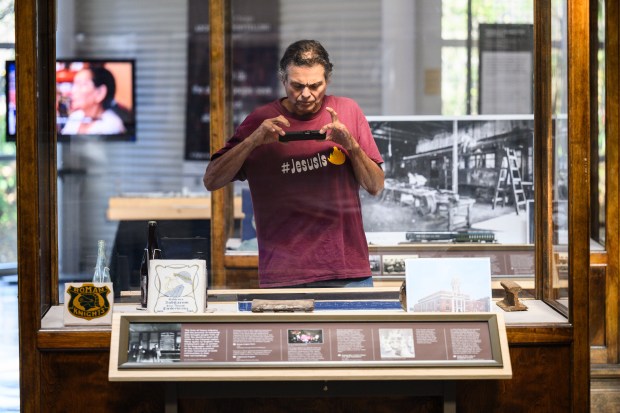
“How rude is it for people to visit misery? Can it get worse than that?” Love said. “So one way for tourism to be involved is to promote us! It doesn’t cost anything; we create our own media networks to get the word out, so why can’t they?”
Michelle L. Quinn is a freelance reporter for the Post-Tribune.
